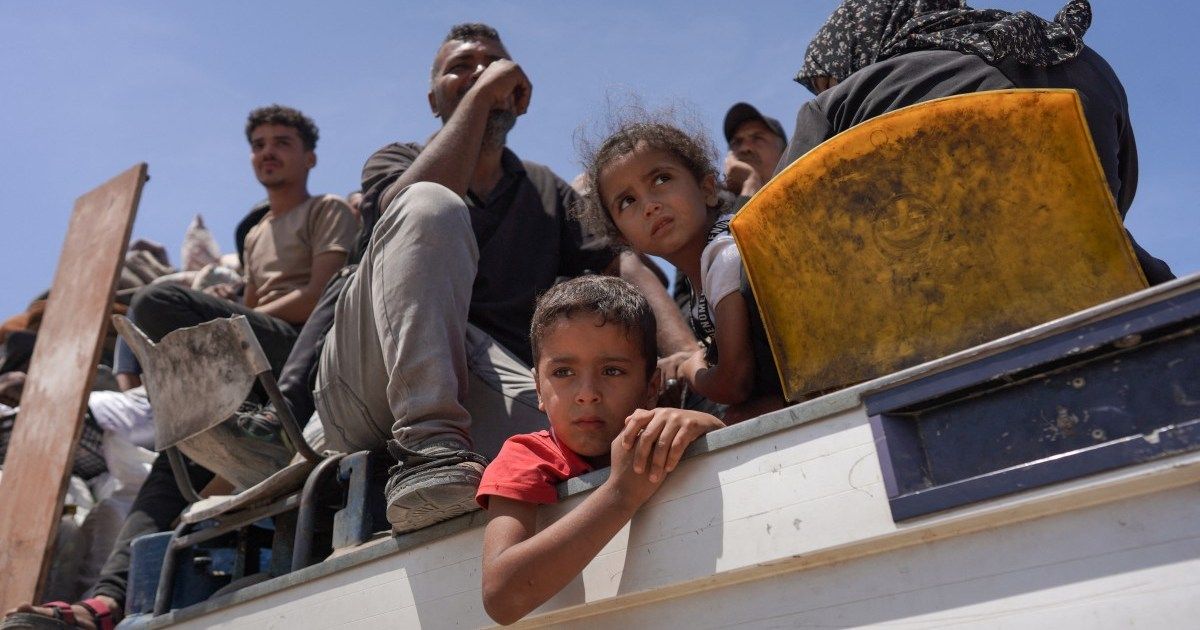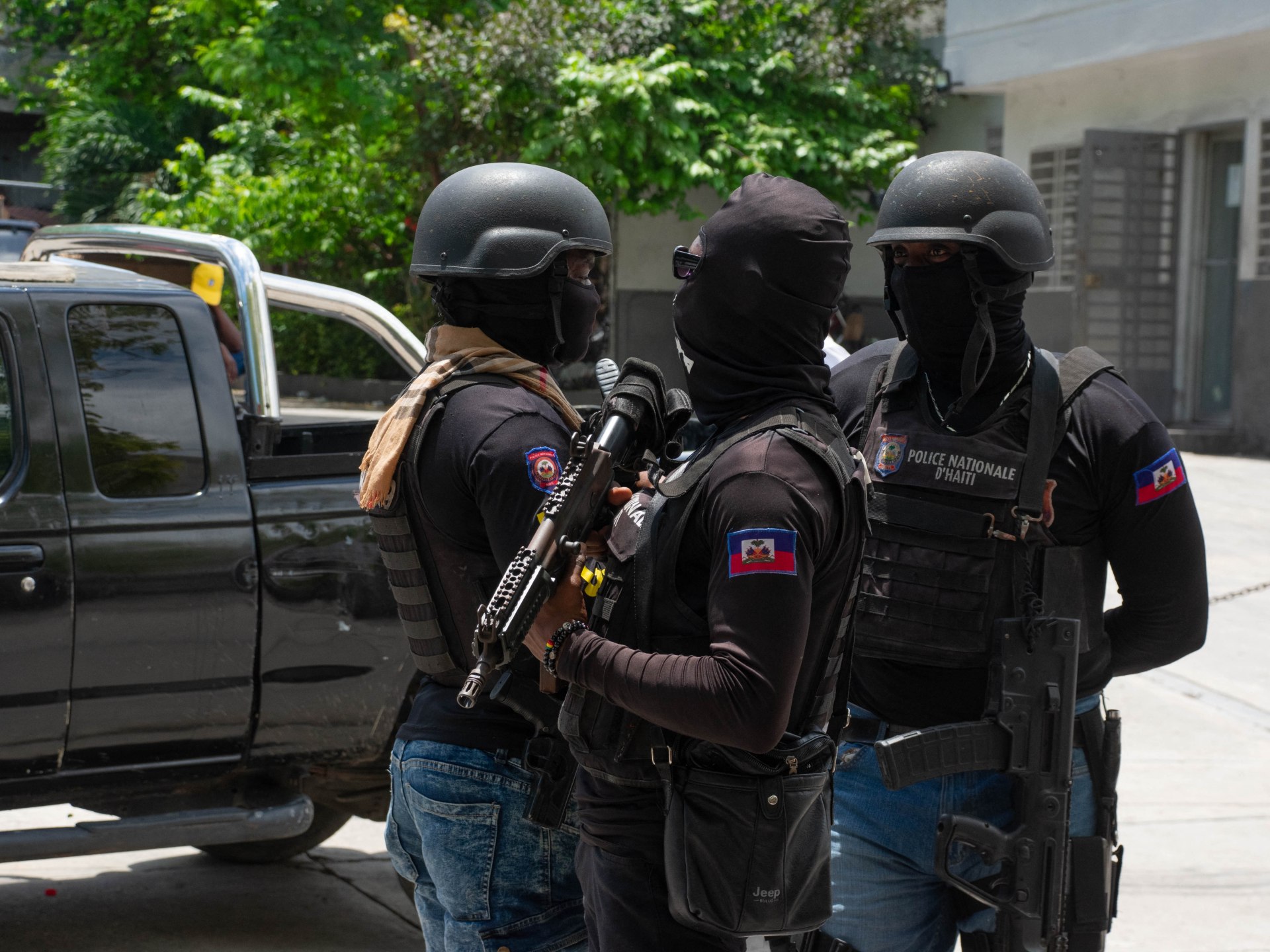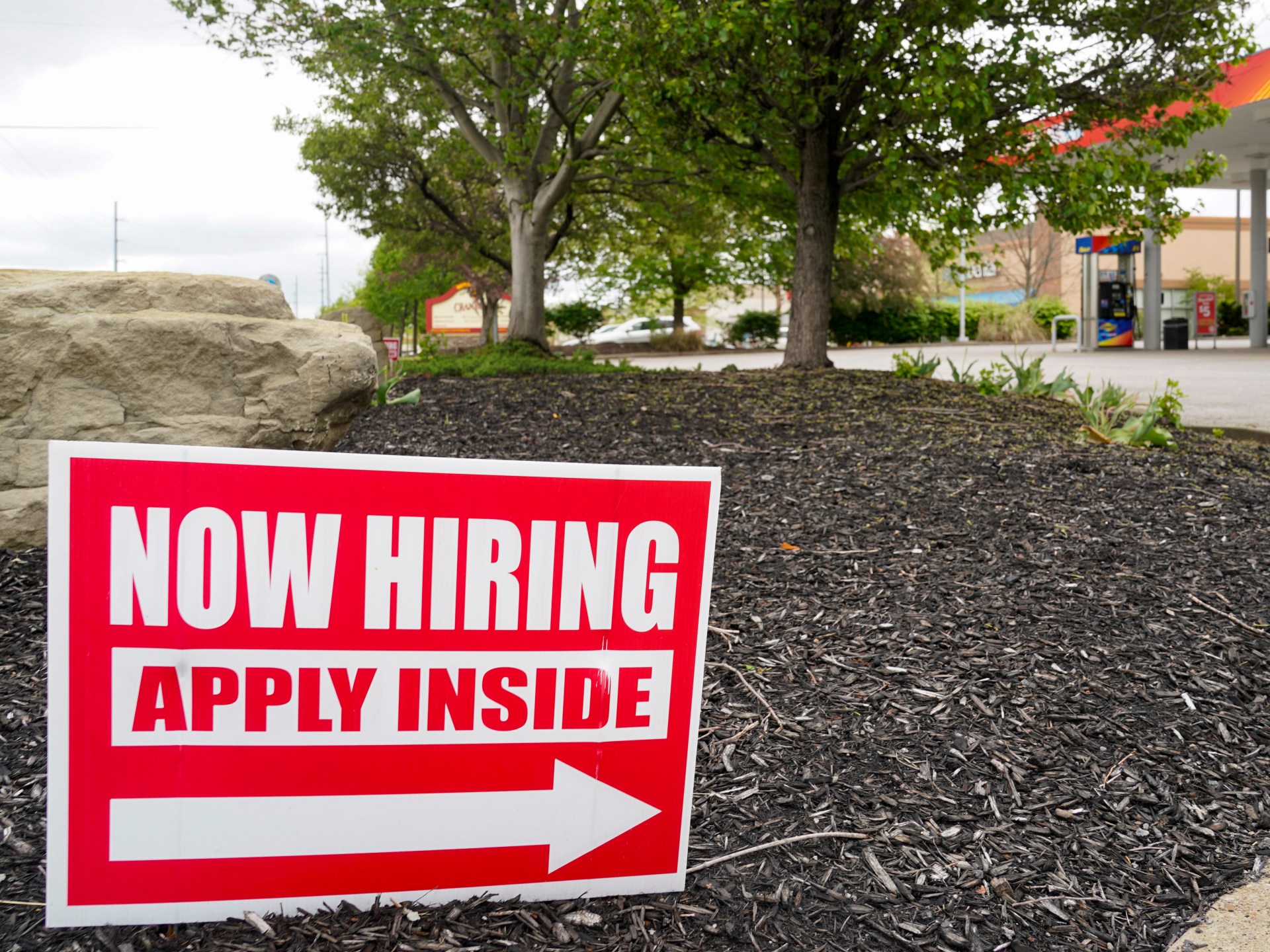Palestinians will commemorate the 76th anniversary of their mass expulsion from what is now Israel, an event that is at the center of their national struggle. But in many ways, that experience pales in comparison to the calamity currently unfolding in Gaza.
Palestinians refer to the anniversary, which they will celebrate on Wednesday, as the “Nakba,” which in Arabic means “catastrophe.” Some 700,000 Palestinians, the majority of the pre-war population, fled or were expelled from their homes before and during the 1948 Arab-Israeli War that followed the establishment of Israel.
After the war, Israel refused to allow them to return because it would have resulted in a Palestinian majority within its borders. Instead, they became a seemingly permanent refugee community that now numbers about six million, with most living in slum-like urban refugee camps in Lebanon, Syria, Jordan and the Israeli-occupied West Bank.
In the Gaza Strip, refugees and their descendants make up approximately three-quarters of the population.
Israel's rejection of what Palestinians say is their right to return has been a central grievance in the conflict and was one of the thorniest issues in peace talks that last collapsed 15 years ago.
Now, many Palestinians fear a repetition of their painful history on an even more catastrophic scale.
In recent days, across Gaza, Palestinians have been loading up cars and donkey carts or setting off on foot toward already overcrowded tent camps as Israel expands its offensive once again.
The war in Gaza has killed more than 35,000 Palestinians, according to local health officials, making it by far the deadliest round of fighting in the history of the long conflict.
Around 1.7 million Palestinians, three-quarters of the besieged enclave's population, have been forced to flee their homes, most of them multiple times. This is far more than double the number who fled before and during the 1948 war.
Even if Palestinians are not expelled en masse from Gaza, many fear that they will never be able to return to their homes or that the destruction caused to the territory will make it impossible to live there. A recent United Nations estimate said it would take until 2040 to rebuild destroyed homes in the enclave.
Israel has unleashed one of the deadliest and most destructive military campaigns in recent history in Gaza, dropping 2,000-pound (900 kg) bombs on densely populated areas. Entire neighborhoods have been reduced to wastelands of rubble and washed out roads, many of them littered with unexploded bombs.
The World Bank estimates that $18.5 billion in damage has been inflicted, roughly equivalent to the gross domestic product of the entire Palestinian territory in 2022. And that was in January, in the early days of Israel's devastating ground operations in Khan Younis and before his army entered Rafah.












